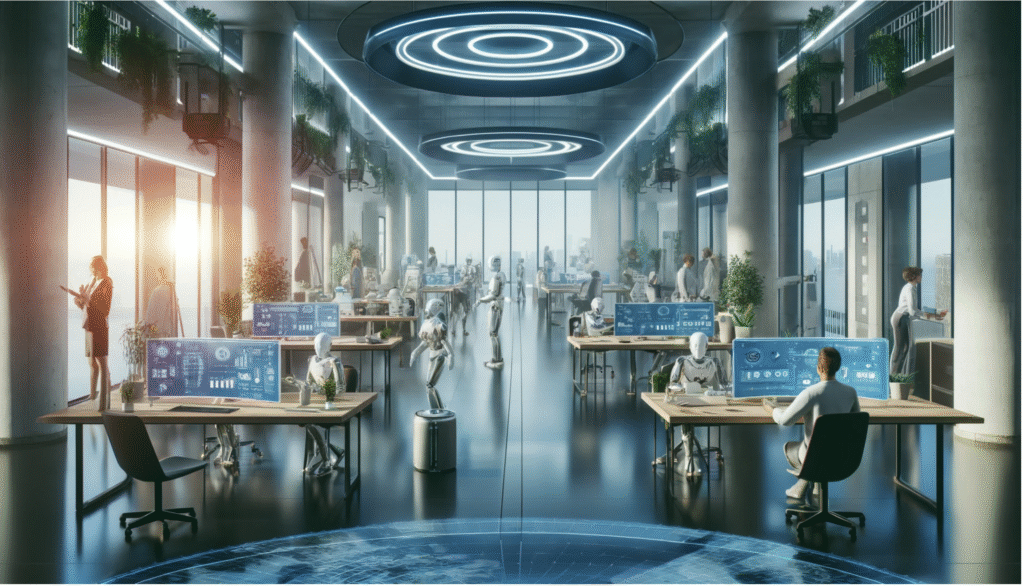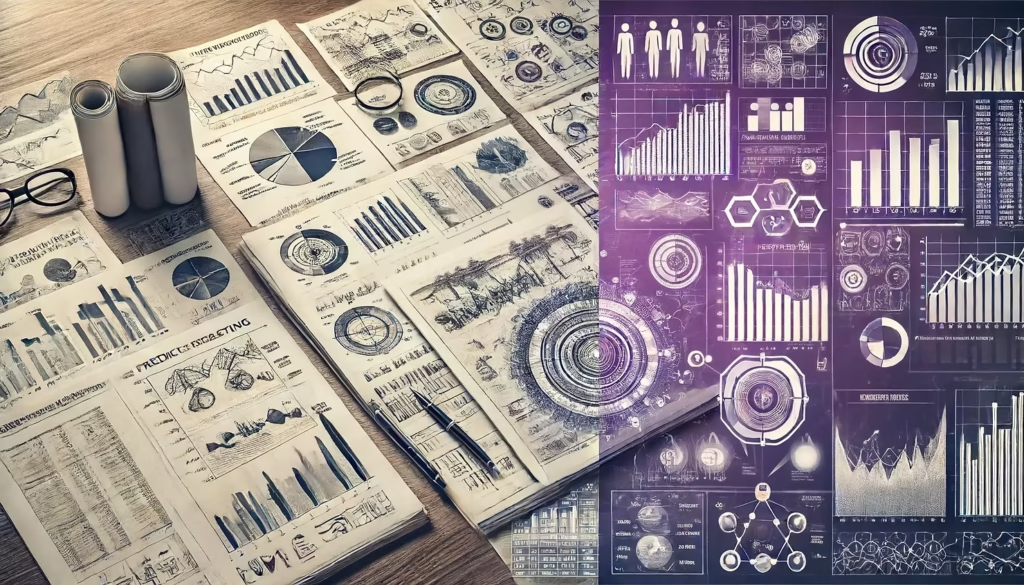
Ah, yet another discussion on AI. It seems to be everywhere these days, dominating headlines and sparking concerns about its potential to replace jobs. And yes, there’s some truth to that concern. According to a study by the McKinsey Global Institute, by 2030, around 14% of employees worldwide might need to switch careers due to the rise of digitization, robotics, and AI.
However, let’s not jump to apocalyptic conclusions. History shows us that while innovations do displace some jobs, they also create new ones. Admittedly, AI presents a unique challenge because of its human-like capabilities. There’s a strong fear that it could become a direct competitor in the job market. But it’s essential to remember: AI may resemble us, but it’s not human. While certain hard skills might be replaceable, the soft skills that define our humanity — skills like creativity and critical thinking — will become increasingly valuable.
According to a study by the McKinsey Global Institute, by 2030, around 14% of employees worldwide might need to switch careers due to the rise of digitization, robotics, and AI.
When considering the impact of AI on employment, it’s helpful to think in phases.
- Firstly, AI may act as a supplement to our work, aiding us as a tool rather than replacing us entirely.
- Secondly, it could significantly transform our jobs by automating many tasks, though not necessarily making us obsolete.
- And finally, there’s the scenario where AI does indeed fully replace certain roles.
Let’s start with this last one. Based on general observation, the widespread replacement of human workers seems less likely. AI may excel in certain analytical tasks, but it still lacks the nuanced understanding and judgment of humans. Moreover, regulations often require human oversight for safety and trust reasons. Thus, even in roles targeted for automation, there will likely be a need for humans to remain “in the loop.” Consider the evolution of customer service: nowadays in developed economies, most human customer service interactions are no longer done by phone with human employees manning the lines. Most of the time, the queries and problems of customers are repetitive. Answering these queries does not require high emotional or social intelligence. Therefore, AI can be used to provide automated responses to frequently asked questions. This shift creates opportunities for roles that emphasize human connection and soft skills, such as customer success managers or relationship managers.
Another facet of AI’s impact is its profound transformation of our jobs. Although it doesn’t entirely supplant human roles, it significantly streamlines our tasks, making them exponentially more manageable. Take, for instance, the widespread adoption of robots in company receptions worldwide. Even the handling of calls has shifted towards AI management. AimeReception, for example, possesses the ability to see, listen, comprehend, and interact with guests and customers autonomously. While many tasks are delegated to AI, human intervention remains pivotal, particularly in situations requiring personalized attention, nuanced interpersonal skills and emotional intelligence.
AI will alter job landscapes, but it will also create new opportunities and streamline existing roles.
The third method, currently prevalent worldwide, involves leveraging AI as a tool to enhance the efficiency and speed of our work. It serves as a supplement, facilitating various tasks. For instance, while composing this blog, I utilized AI to refine sentences and rectify errors. In the financial sector, AI aids in conducting macro and microeconomic operations; it’s employed in translations and the legal field as well. Remarkably, it extends its reach to domains like art and entertainment. Such widespread adoption of AI not only streamlines our work processes but also accelerates them, which is undeniably beneficial.
So, while concerns about AI replacing jobs are valid, they may be somewhat exaggerated. The reality is more nuanced: AI will alter job landscapes, but it will also create new opportunities and streamline existing roles. Adaptability is key in this age of technological advancement—those who evolve and acquire new skills will thrive, while those who resist may find themselves left behind. In essence, the rule of technological development is clear: adapt or risk being replaced.
Interested in more about AI? Look no further! One of the featured tracks at DataFest is dedicated to this fascinating field. Our event will feature renowned speakers from across the globe, ready to impart invaluable knowledge through exclusive masterclasses.




